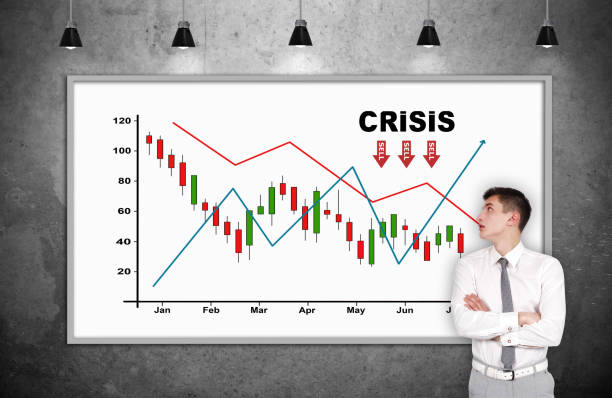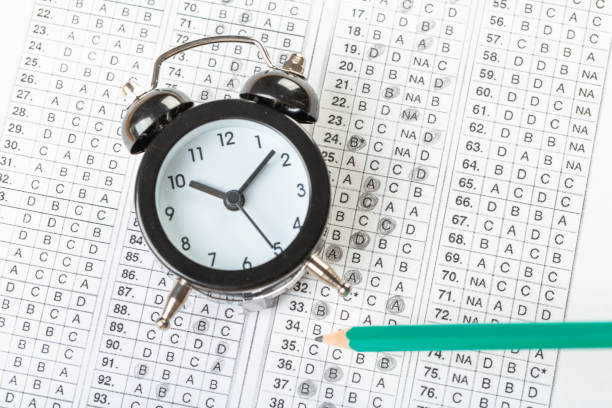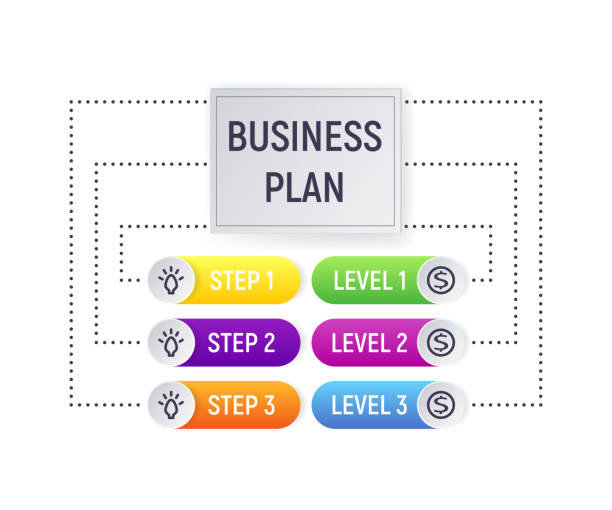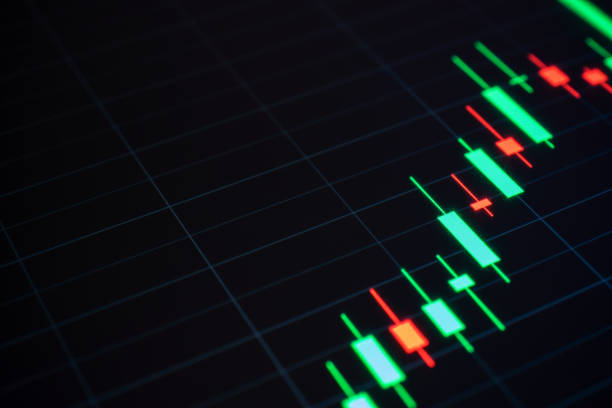THE MOST IMPORTANT TRAITS OF TRADERS
Trading is more than simply knowing how the markets work or finding your optimal moving average. Trading requires a set of unique skills that go beyond just wanting to make quick money. You will need emotional control and discipline as well as adaptability. These are not skills that you learn in school or even in your day-to-day job. It is because of this that it can be difficult for an average trader in the field to succeed.
This article will explore the seven skills that any aspiring trader should develop. We will show you that these skills are crucial and provide practical tips on how to improve them. We want to avoid the common mistakes that trap traders in a cycle of frustration, and we’ll give you some tips on how to improve each one.
This article will help you along your trading journey, no matter if you are just getting started or want to improve your skills.
PATIENCE
There are three levels to patience in trading:
It would be best if you waited patiently for your trades. FOMO (fear of missing out) is a common problem among traders. Many traders break their trading rules by entering transactions prematurely without confirming their trading strategy or management.
It is important to wait for trades and make sure they meet your criteria. Trading on impulse must be avoided. A trading checklist with all the requirements for entry can help traders to make better decisions.
A trader must also be patient. The winning traders are those who maximize their winning trade opportunities and hold on to profitable trading for a long time. Losing traders often cut short their winning trades because they are afraid of losing profits. Trading profitably becomes nearly impossible when you cut short your winning trades. Your losses will eat all of your earnings. Backtesting and having an exit strategy is a great way to gain confidence.
A trader must be patient in order to grow their trading account. Impatient traders risk too much when they try to increase their trading capital quickly. Trading is only profitable if you manage your risk and take a reasonable size position.
CURIOSITY
Curiosity is a virtue in traders who are always trying to improve. Curiosity doesn’t mean trading with no consistency, switching from one trading strategy to another, or jumping between systems.
A curious trader always looks for ways to improve. An interested trader challenges his trading strategy constantly. Interested traders often spend time testing new trading rules or poring over their Trading Journal to try and improve their edge.
Curiosity makes traders ask questions but also want to know the answers.
HUMILITY
The best traders don’t let their egos interfere with their trading, and they are not driven by the need to prove their worth.
Many people, especially in the age of social media, feel they need to demonstrate themselves to prove their worth. Arrogance and a distorted ego will prevent you from succeeding as a trader.
You understand as a humble trader that you can’t force success. It would be best if you went with the flow. You can’t move the markets to behave the way you want them to – all you can do is respond to the current market conditions and accept that fact.
Finally, you have to accept the fact that trading is not always going to go according to plan. Humble traders are able to take losses effectively because they know that losses can’t be avoided. Failures do not mean you are a poor trader. It would be best if you didn’t let your ego be attached to the result of a single trade.
SELF-AWARENESS
Self-aware traders are able to see themselves and their trading approach objectively. A self-aware trader usually has a clear understanding of his strengths and weaknesses. They can then build their trading strategies around this profile.
Keep a trading diary and review your trades constantly to improve your self-awareness. This will help you identify your weaknesses and where you’re leaving money on your table.
Here are some questions you can ask yourself when reviewing your previous trades:
- What could I have done differently with this trade to make it better?
- Do I have a trading rule?
- Has my trading been harmful?
- Do I have a plan to exit my business?
- What did I think about my work? Was my trading emotional?
These questions can be a good starting point in your self-review process. They will help you improve over time.
FLEXIBILITY
After they do their chart analysis and reach a conclusion regarding the price action, they find it difficult to let go of their specific trade idea. They end up forcing trades and jumping into trades way too early.
A trader who is “married” to his trade will also often mismanage it after he takes it. Traders tend to hold on to losses for too long and ignore trading signals that would allow them to exit the trade at optimal conditions.
They become too attached to the trades they make.
Trading plans and charts are used to make good trading decisions. Trading less impulsively and making better decisions can be achieved by creating a plan and knowing the exit strategy before taking a trade.
EMOTIONAL COMFORT
Trading success is dependent on making objective decisions and not giving in to impulses.
Traders driven by emotions are reckless; they break their trading rules and can’t handle losses well. They also don’t apply risk-management principles.
The traders must control their emotions and not trade impulsively. It can be a big difference to have well-defined rules for trading and to regularly test your strategy in order to know what to expect.
A trader is less likely to be impulsive when they are more clear about their trading approach. You should set clear rules to govern your trade entry, trade exit, trade management, and risk management. It would be best if you wrote down your trading rules and then tested them as many times as possible. After each backtest, collect data and evaluate your performance. You will gain confidence and improve pattern recognition.
DISCIPLINE
Discipline holds your trading together. A disciplined trader is someone who does the things they know they should do, regardless of whether or not it feels good.
Backtesting and journaling are two of your most beneficial and important trading activities. Most traders don’t put in the effort and avoid these activities. Most traders procrastinate and make excuses. They don’t treat their trading as seriously as they should.
A disciplined trader knows their importance, and even though he may not feel like backtesting or logging trades in his journal, he still does them because he understands that trading success is impossible without them.




Post Comment